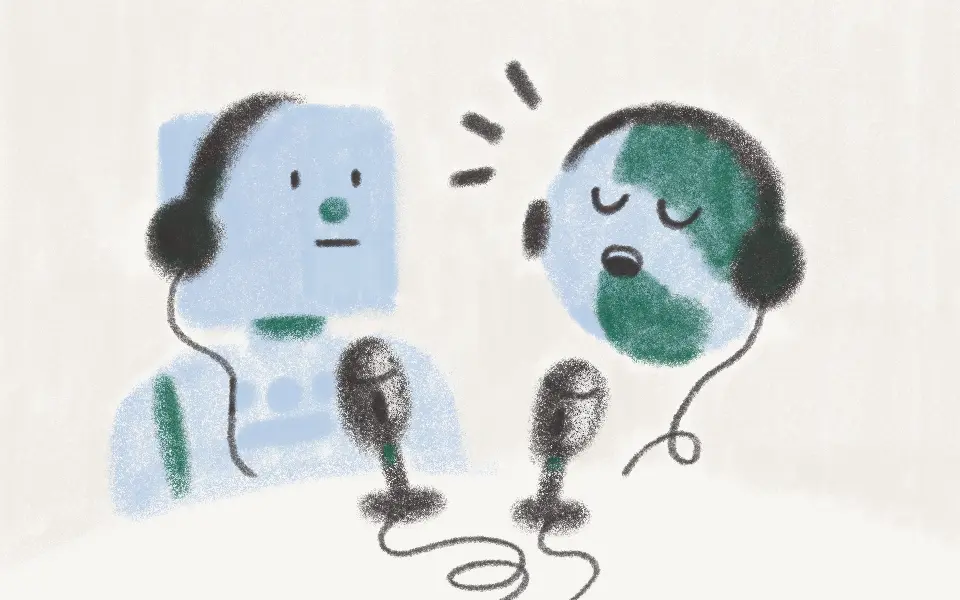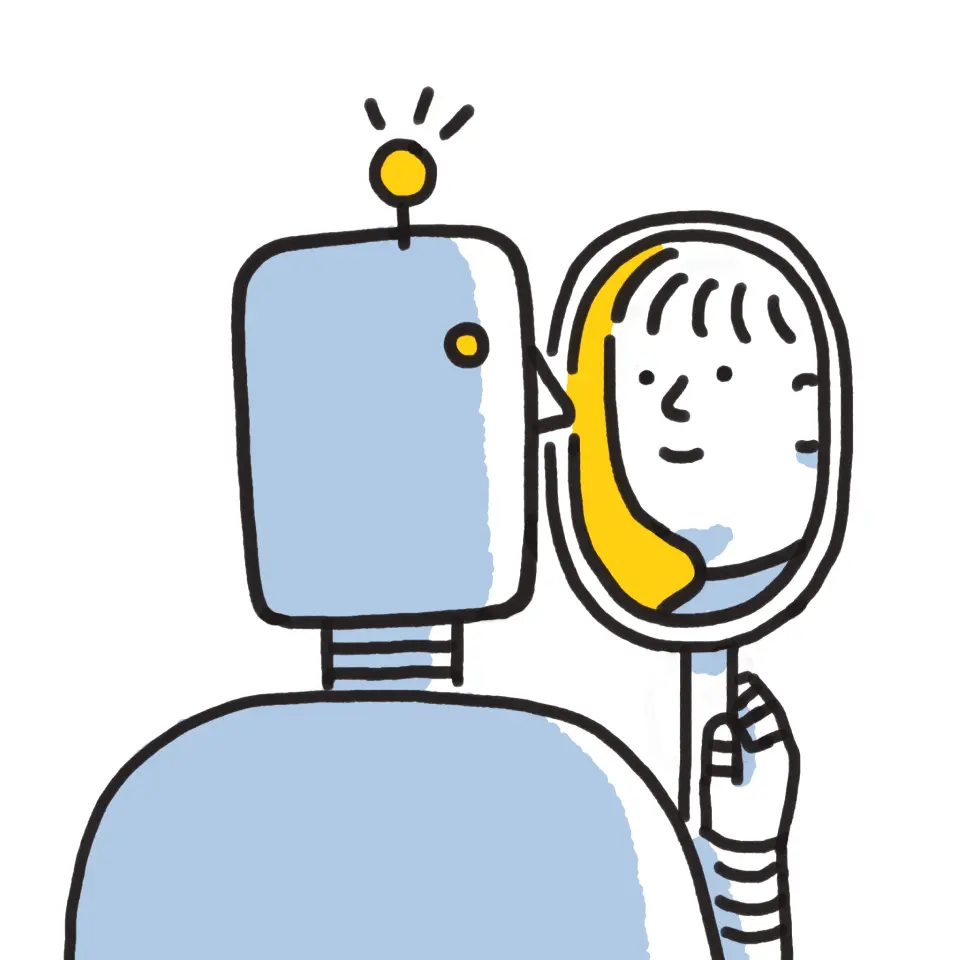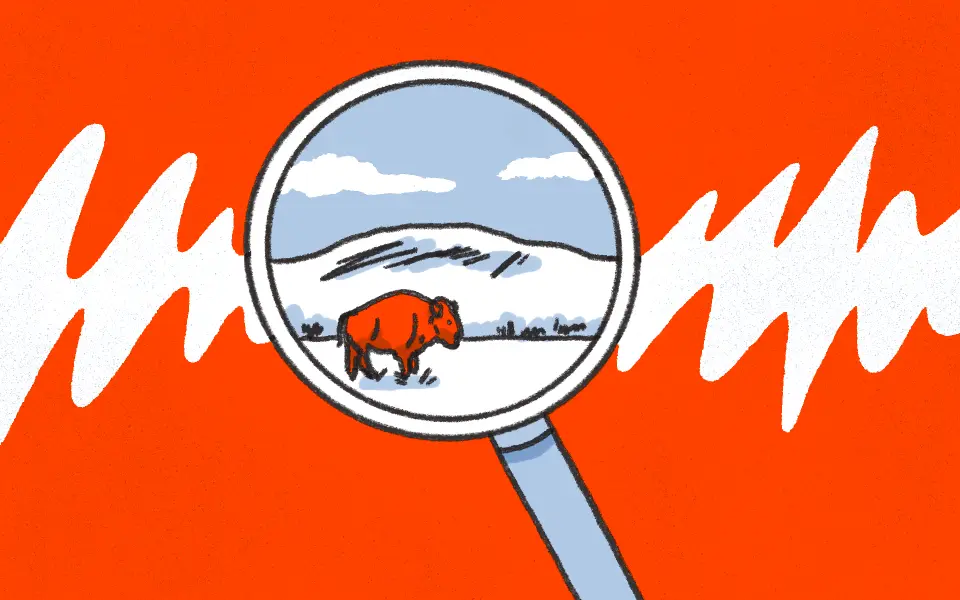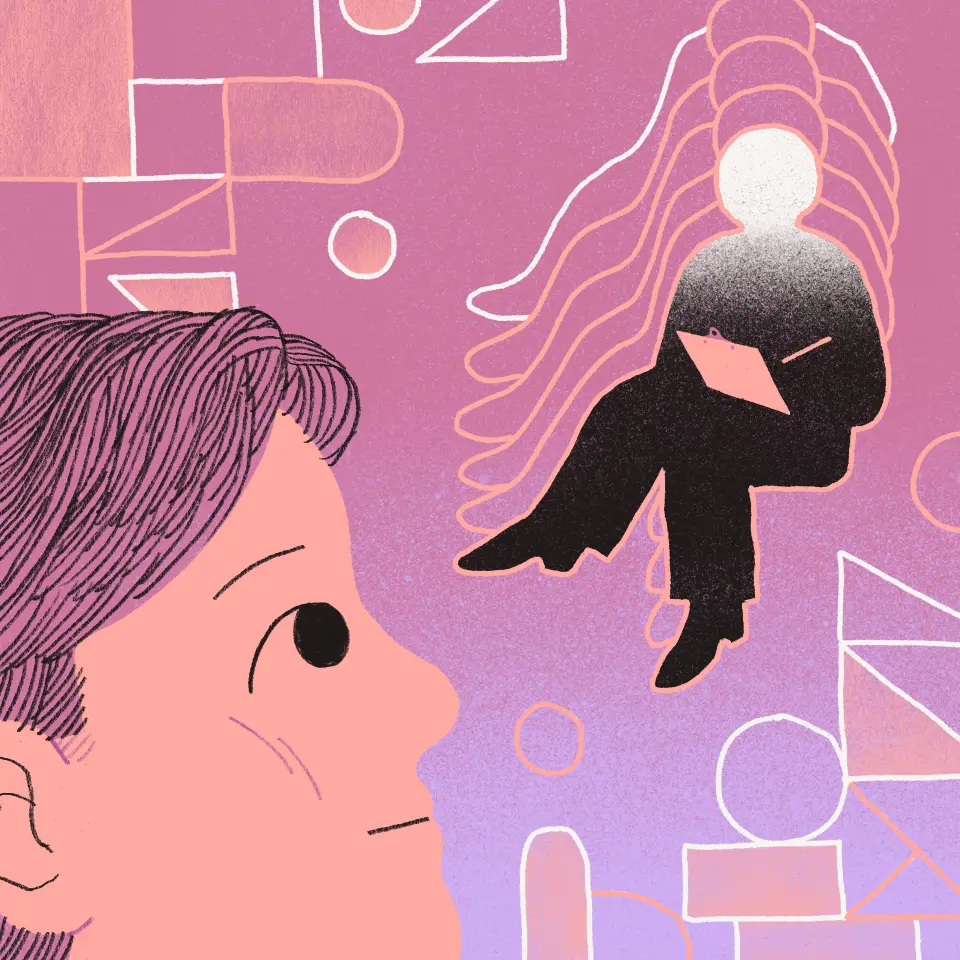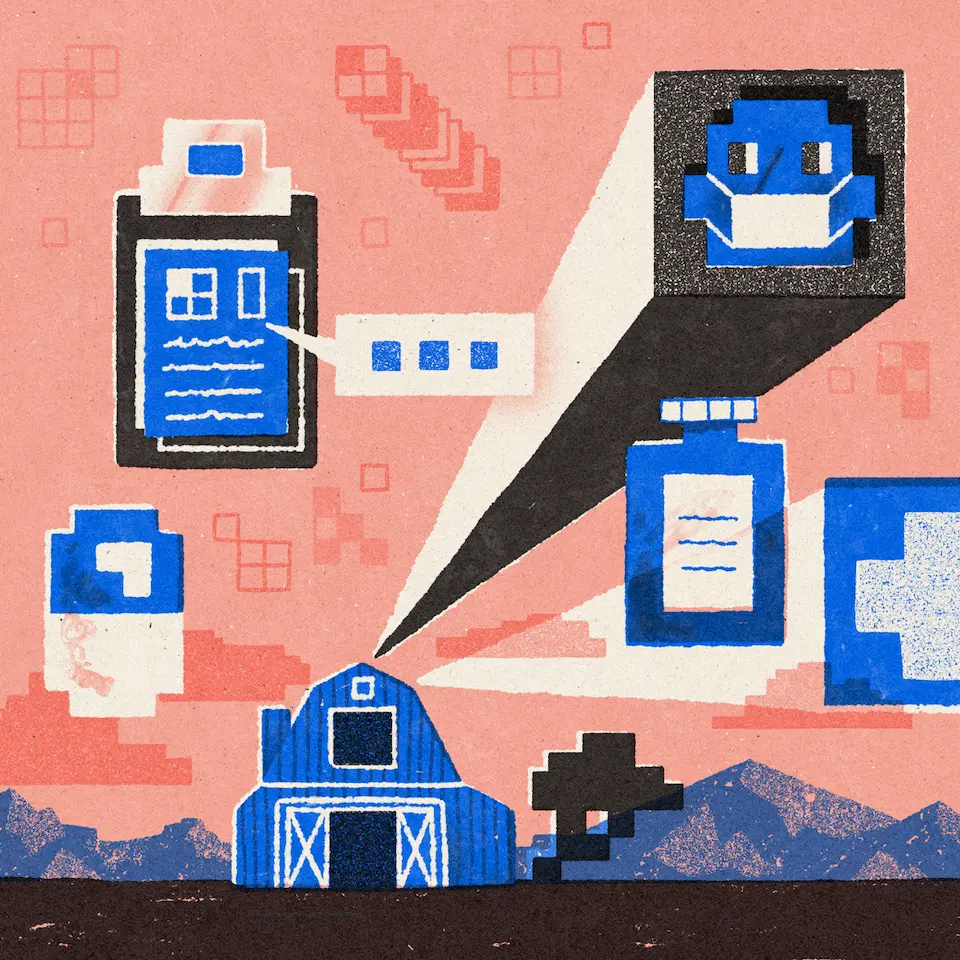
Researcher Casper ter Kuile is an expert in finding the sacred in the unexpected—or even the seemingly mundane. Co-founder of Sacred Design Lab and former Ministry Innovation Fellow at the Harvard Divinity School, Kuile has been thinking about rituals his entire life. In his book, The Power of Ritual, he explores how we can turn daily routines into meaningful rituals that help us rediscover connection and meaning. Here, Kuile speaks with Tiffani Jones Brown on why rituals matter and how they affect our sense of purpose and belonging at work and beyond. For more of their conversation, listen to Remotely Curious, a new podcast on remote work.
First off, how would you define a ritual?
A ritual is a way of making the invisible visible—something we do that communicates a set of values that are important to us. The way I think about ritual is a little bit different from a routine or a habit, which usually fulfills a very functional purpose. We brush our teeth, drop the kids off at the school, whatever it is. But what makes a ritual different is that it adds a layer of meaning. It doesn't just keep us where we are, it also takes us somewhere else. Maybe that’s back to a memory, or a relationship that's important, or a larger community of people who are celebrating or practicing the same ritual.
If a ritual isn’t just about fulfilling a function, what are some other characteristics that would distinguish a simple routine from a meaningful ritual?
First, we need to have an intention. Something like, we want to spend quality time together as a family. Second, it's about paying attention. You're not on your phone while you're watching movies and eating popcorn. There's a real clarity of attention. And then finally there’s repetition. That means there's a sense of knowing what's coming and it gives a rhythm to time. This gives a rhythm to our lives, which helps us feel at home in the world. And so that intention, attention, repetition is such a helpful way of thinking about how to elevate rituals in our lives.
One of the most interesting conversation partners in my life is a group of Catholic nuns who have lived in a community seeking justice and deepening their spirituality for 50 years. And the thing I've learned from them more than anything else is their insistence that commitment equals freedom. We live in a society where choice is seen as freedom, that the more options you have, the more free you feel.
So when we choose, there is a freedom and a creativity in that choice. When we forsake other options, there's something richer to be discovered there. And I think that's one of the beautiful things about a ritual life is that it does create boundaries for us.
"...what makes a ritual different is that it adds a layer of meaning."
Rituals are commonly associated with organized religion, but they don’t necessary need to be religious in nature. How did you experience rituals or traditions growing up?
My parents are both from Holland, which I think is the most secular country in the world at this point. I also came out as gay when I was 15, so I was very anti institutional religion. But growing up in a rural part of England, on May Day, I would get up at dawn like the rest of the village. We would go to the clearing in the forest where we would watch the Morris dancers welcoming the spring. People would pack hot tea and some snacks, and everyone would go to the pub for breakfast afterwards. I was really lucky to have that experience of a very rich ritual life without it being compressed or forced onto a theological idea. For me, it was always about connecting with beauty and community and the values that held us together as a family.
In your book, you point out that a lot of common rituals we have today have a rich history.
Anthropologists tell us that we actually created rituals together before we had human language. Gathering around food and drink are really obvious examples of where ritual came to life. One example is that when we clink our glasses to toast or celebrate something, it was originally a way of indicating safety. It meant that I haven't poisoned your glass because a little wine or whatever was in your glass would flow into mine. I love thinking about that moment when we're gathered around the dinner table, that we're actually doing something that human beings have done for centuries to indicate friendship and peace and cooperation.
It’s also true that new rituals are popping up all the time. How do we see people creating their own rituals and building them into their daily lives?
People do it with all sorts of things—whether it's a favorite song that they play when they’re commuting or it's a favorite story to tell their kids when it's bedtime. Everyone took their decompression walk during those COVID months where it was super intense, where you just needed to get outside of the house. And that kind of became a ritual to remember that there's life beyond our own kind of confinement. So I think the opportunity for ritual-making is all around us really every day.
"I think the opportunity for ritual-making is all around us really every day."
How do you think the pandemic and the shift to more remote work has impacted our sense of ritual?
The impact of the pandemic can’t be undermined, obviously, but it had such a massive impact on the exposure to our relationships, our daily rhythms, the rhythm of the workplace. All of it was completely interrupted. When you have a context shift like that, it demands creativity, which is not always easy to draw on when we're in crisis.
But we saw beautiful things happen. I remember the seven o'clock clapping of hands in Brooklyn where I lived. There was this natural desire to still feel connected to one another even when we couldn't be physically together.
What are examples of ways people can create more rituals with their work colleagues if they’re on remote teams?
I work in a small team, so this is not necessarily appropriate for everyone, but every time a colleague had a birthday, their team would invite someone close to that person to join a zoom call, like their brother, spouse or mom. Everyone would tell that loved one all the reasons they loved working with their colleague. It became a lovely, emotional ritual that the whole team would look forward to.
I do think there are opportunities to find ways to integrate. Whether it's the dog or the cat showing up on camera or getting to know each other's kids. There's a holistic element of a relational context that maybe was more absent before, but now feels more like we really know each other, even at a distance.
To hear more from Casper ter Kuile and dive deeper on workplace rituals, check out Remotely Curious, a new eight-episode podcast from Dropbox about remote work.


